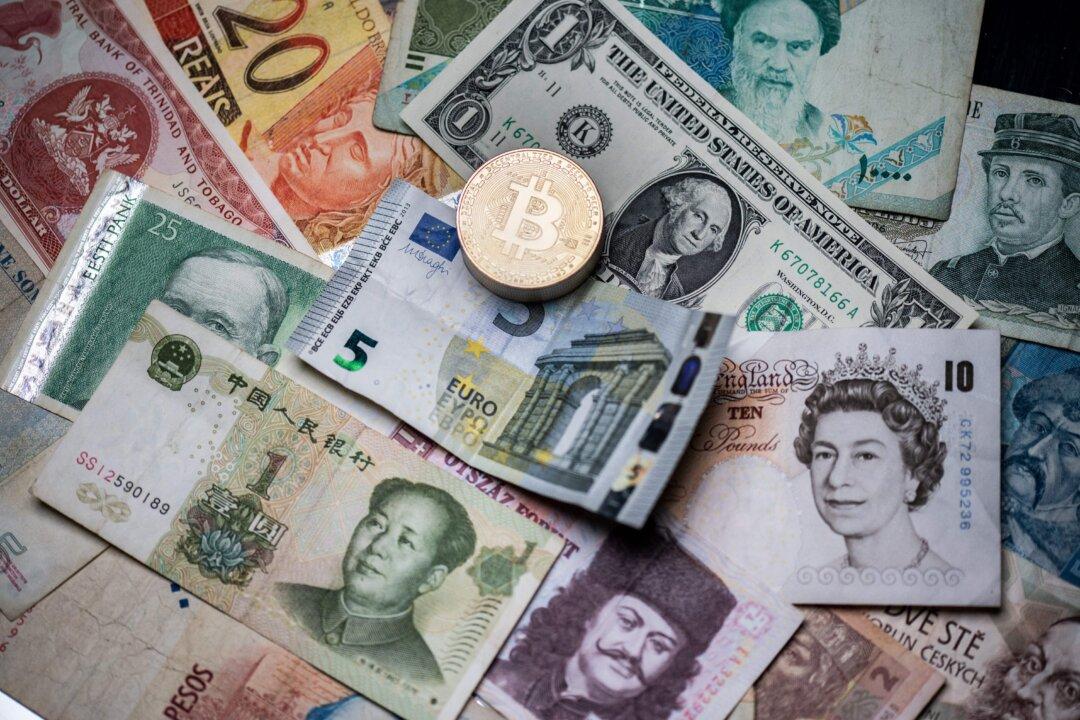After increasing in value for months, cryptocurrencies, led by Bitcoin, have recently depreciated across the board. Chinese state media admitted that it’s directly related to two recent moves by Beijing financial authorities.
The first major action was on May 18, when National Internet Finance Association of China, China Banking Association, and Payment & Clearing Association jointly issued a statement on preventing the risks of speculation in virtual currency transactions, saying that speculation in virtual currency transactions “disrupts the normal economic and financial order.” It asked its members to “resolutely not carry out or participate in any business activities related to virtual currency.”





